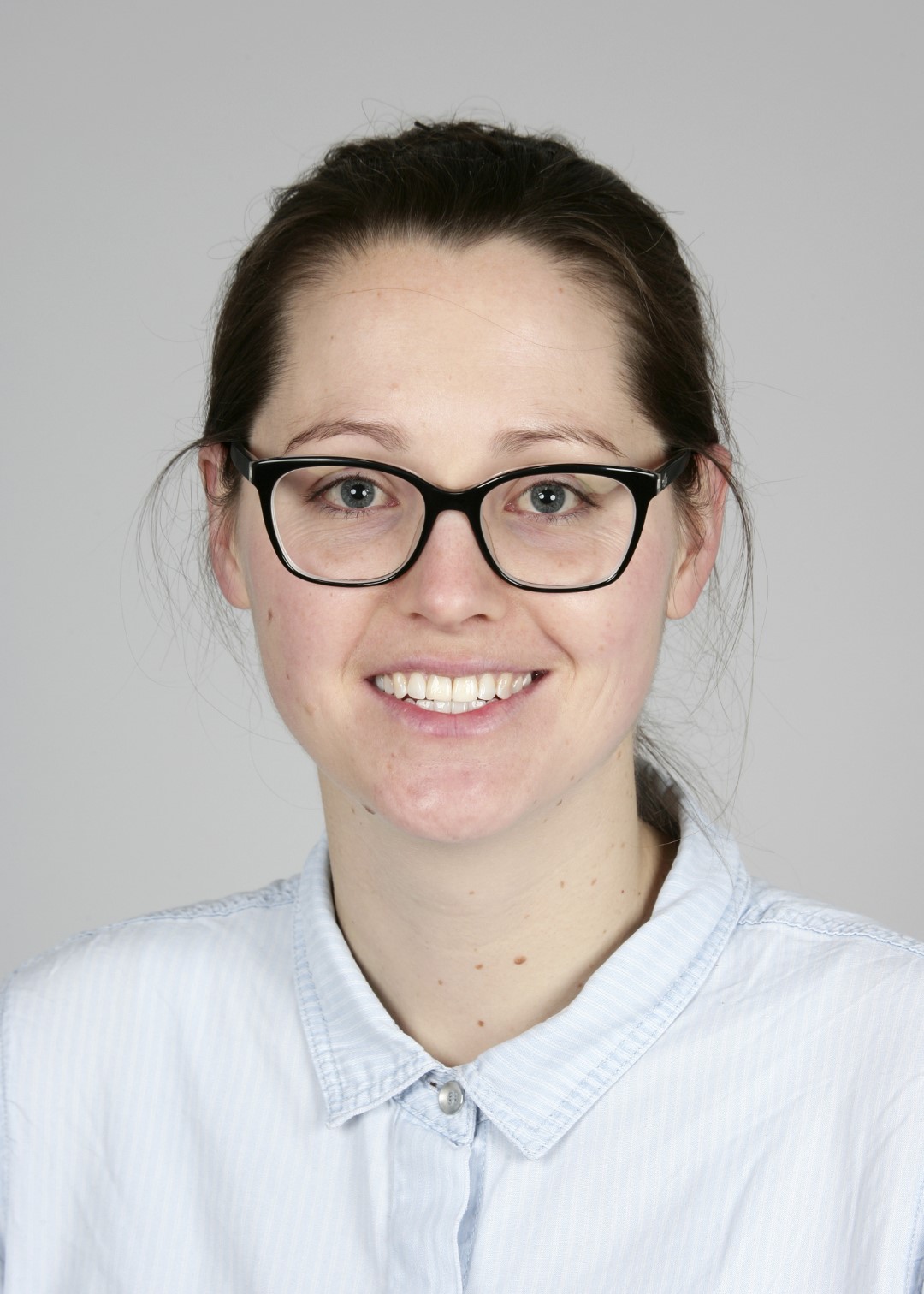Dr Annie Colebatch announced as new Rita Cornforth Fellow

“The Rita Cornforth Fellowship is a fantastic opportunity to work at one of the top universities in Australia. For me, this is also an opportunity to establish an independent research group and pursue research ideas that excite me.”
Dr Annie Colebatch, a former ANU PhD student and now researcher at the University of Cambridge has been announced as the new Rita Cornforth Fellow at the Research School of Chemistry. Colebatch will join a number of highly successful female chemists at RSC who have been able to establish permanent careers in chemistry through the fellowship. For Colebatch becoming a Cornforth Fellow brings her back to her undergraduate stomping groups.
“I have always enjoyed science and been curious to understand how the world works. I began undergraduate intending to study biology and maths, but quickly discovered that I found chemistry much more interesting. I only lasted 2 weeks in maths!. The course, lecturers, demonstrators and students at the ANU were engaging and inspiring, so for me studying chemistry was the obvious choice.”
Following her undergraduate years Colebatch quickly enrolled in a PhD, working in organometallic chemistry in Professor Tony Hill’s lab.
“I worked on synthetic method development – devising new strategies to create previously inaccessible molecules with unusual bonding. In particular, my work looked at compounds containing metal-carbon-phosphorus linkages for which there were very limited methods known in the literature. The highlight of this work was producing the first phosphaisonitrile ligands, which are the phosphorus analogues of isonitriles (CNR), which are commonly encountered in organic and inorganic chemistry.
Just like her undergraduate years, Colebatch found the ANU to be a great environment for doing a PhD.
“Being in a research-intensive university provided a lot of benefits in terms of the facilities and support available. My time as a student at the ANU provided me with a well-rounded science education by taking advantage of the quality of the research, the visiting speakers program, and participating in career development and science communication workshops, which I have felt the benefits of in my career since. A PhD is going to be challenging and at times stressful. Being able the share experiences and problem-solve with a diverse cohort of students and colleagues made this much easier.”
Following her PhD Colebatch travelled to the United Kingdom where she was an Endeavour Research Fellow at the University of Bath and completed a postdoc at the University of Oxford. She is now completing her second postdoc at the University of Cambridge.
“I am working on the development of new ligands with the inclusion of main group elements. Pyridyl ligands are some of the most widely used ligands in coordination chemistry, the most well-known example being bipyridine -- or bipy. In my work, I am incorporating main group elements into pyridyl ligands, which introduces a reactive site and alters the behaviour of the system. We have demonstrated that this unusual reactivity has a variety of uses, including anion-switchable coordination, catalysis and as chiral reporter agents for the quantitative determination of ee via NMR spectroscopy.”
Coming to the ANU, Colebatch will turn her research focus to catalysts. She believes the ANU will be the perfect space to not only transition to this research focus, but also to developing her own research team.
“I will be studying catalyst design – how we can engineer a catalyst to deliver a specific outcome, such as delivering faster, cleaner and more efficient chemical processes. I will be looking at how altering specific elements of ligand and metal design affect these processes, delving into understanding how such catalysts operate and how specific changes alter the behaviour. Piecing this information together allows us to identify how to improve catalytic processes.”
“The quality of the students, colleagues, research and facilities, coupled with the generous support available for early career researchers at the ANU, make this an ideal environment to make this transition.”
While Colebatch wishes programs such as the Rita Cornforth Fellowship targeted at female academics were no longer needed, as the latest Fellow she recognises the continued value the scheme plays in promoting females chemists.
“I think the Rita Cornforth Fellowship is a great initiative that the ANU offers to help address the gender imbalance in academia. In an ideal world there would be no need for schemes such as this as equal opportunities would be available to all. At the moment I think we are still some way from this, unfortunately. The presence of female role models at all levels where they are underrepresented is crucial for encouraging women to pursue careers in science. Schemes such as the Rita Cornforth Fellowship are important to create the cultural change that is needed.”
